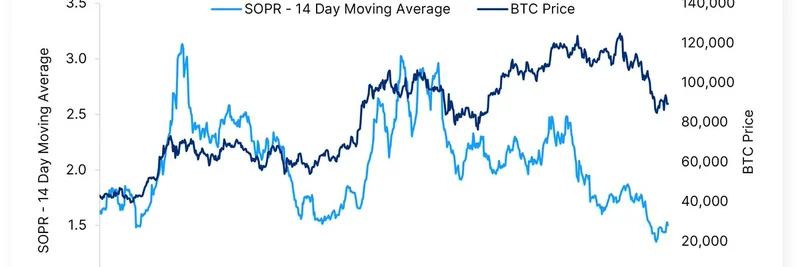Hey there, fellow tech enthusiasts! If you’ve been scratching your head lately while trying to use OpenCode, the popular AI-powered coding tool built for the terminal, you’re not alone. A recent thread on X by developer dax (@thdxr) sheds light on a common issue: people are landing on the wrong repository and getting frustrated. Let’s dive into what’s happening, why it matters, and how you can ensure you’re using the real deal.
The Confusion Around OpenCode Repos
Dax points out that he still sees “a dozen people every day” ending up on the wrong OpenCode repo, leading to confusion and a less-than-stellar experience. This mix-up happens because search engines like Google are still sorting out their rankings, meaning the incorrect repo often pops up first. The authentic OpenCode, now developed under a new name by its original creator Kujtim Hoxha at Charm, is the one you want to check out. Dax even shared the right link in a follow-up post: https://t.co/7XTuNMpVnH.
The wrong repo isn’t just a minor detour—it’s a dead end. Users like @bigmrrobert and @petervmeijgaard shared their struggles, with some unable to get it running or facing errors right out of the gate. This has led some, like Robert, to stick with alternatives like Claude Code due to better experiences, despite hitting rate limits.
Why This Matters for Developers
For those of us in the blockchain and meme token space (think Meme Insider), staying on top of the latest tools is key. OpenCode’s sleek terminal UI (TUI)—praised by @behzaddotdev as “probably the best looking TUI I’ve used”—offers a powerful way to integrate AI into coding workflows. But if you’re stuck with a fake or outdated repo, you miss out on features like auto-compacting conversations or compatibility with models like Gemini 2.5 Pro.
The issue goes deeper, though. Dax suspects the maintainers of the wrong repo might reupload a fake version to keep squatting on the name, a move that could erode trust among developers. This is a big deal for tools meant to streamline development, especially in fast-moving fields like blockchain where reliability is everything.
How to Find the Right OpenCode
So, how do you avoid this pitfall? Here are a few practical tips:
- Check the Source: Always click the link provided by the official team. In this case, follow Dax’s lead to the correct repo.
- Look for Updates: The original OpenCode is evolving, with improvements noted since its first launch. Keep an eye on GitHub for the latest from the Charm team.
- Beware of Red Flags: If you hit errors or a clunky interface right away, you might be in the wrong place. Double-check the URL.
User Experiences and Rate Limit Woes
The thread also highlights real-world feedback. @bigmrrobert mentioned hitting rate limits with OpenCode, even with a Claude Max subscription, suggesting a possible bug. Rate limits, as explained on the OpenAI Cookbook, are common with API-driven tools to prevent overload, but they shouldn’t disrupt a paid plan. This could be a sign to report the issue or explore workarounds like switching models.
Others, like @McKamyk, added a humorous twist by jokingly linking a fake repo, while @timigod called out the trust issue, noting how disclaimers about repo moves can still mislead users. It’s a reminder to stay vigilant!
What’s Next for OpenCode?
With Google slowly fixing its rankings and the team preparing a public relaunch under a new name, the future looks bright for OpenCode. If you’re into meme token development or just want to level up your coding game, sticking with the authentic tool could save you time and frustration. Why not give it a try and share your experience? We’d love to hear how it works for you in the comments!
For more tech insights and updates on tools like OpenCode, keep exploring Meme Insider. Happy coding!




